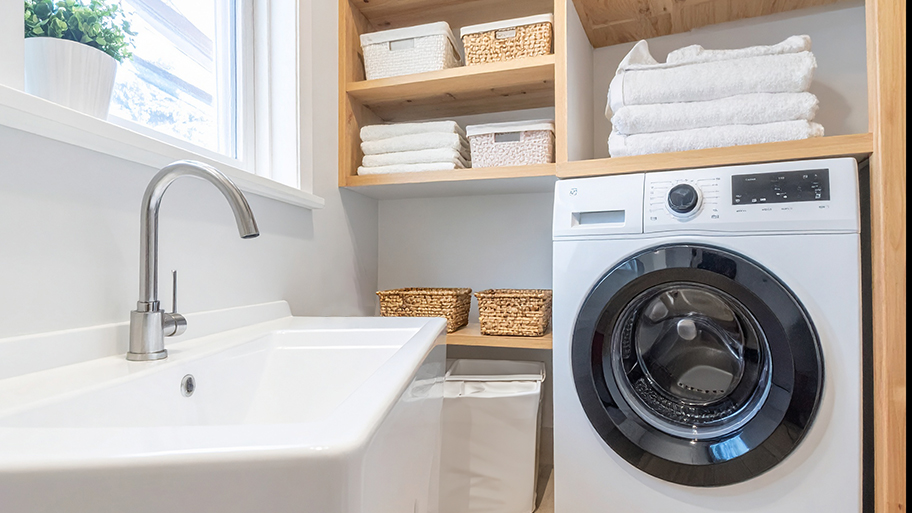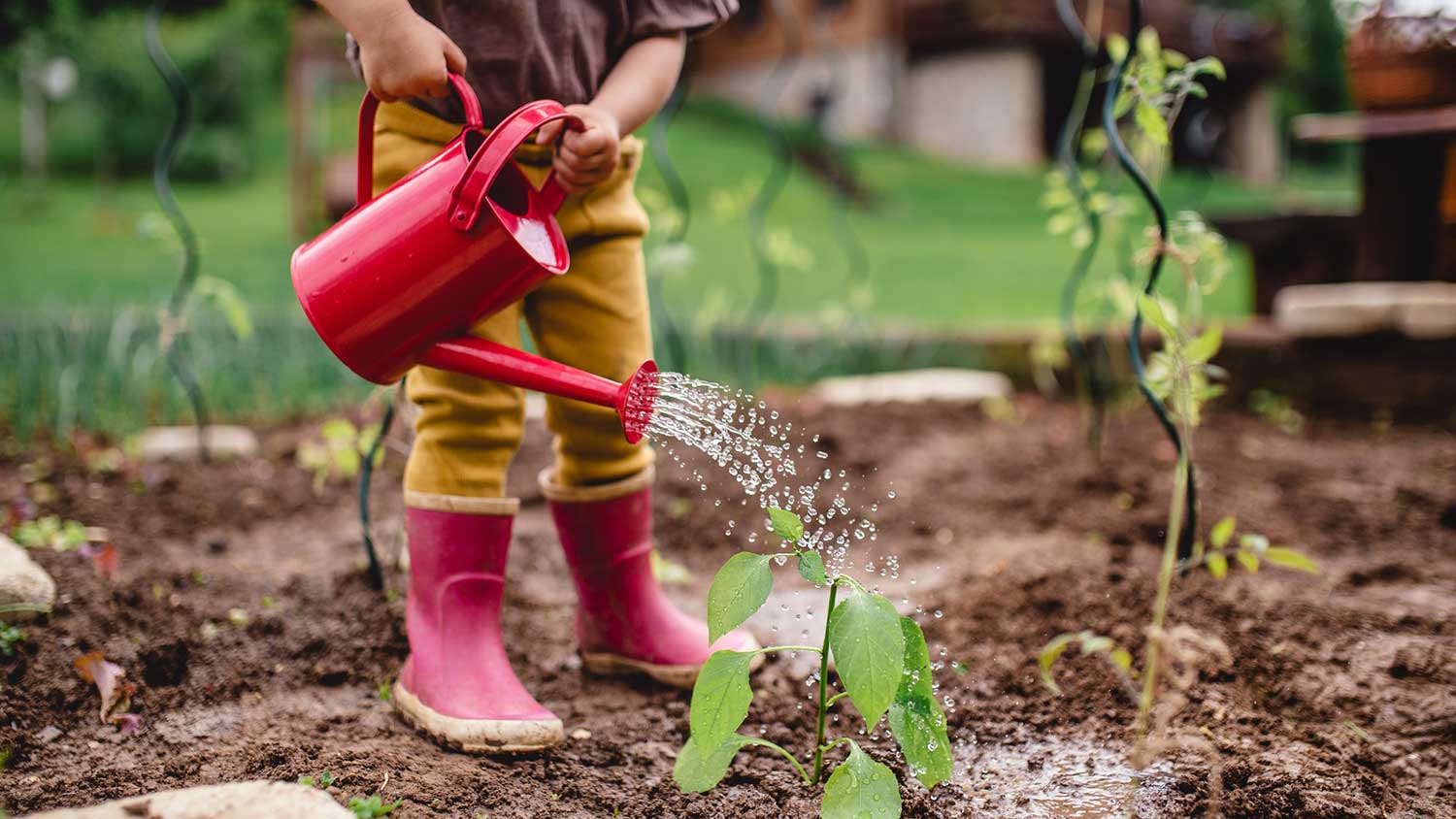
Wondering how much it costs to reroute plumbing? We have the information you need to learn about plumbing vent pipes and cost considerations when installing them.
Dripping noises in your ceiling either come from natural sounds in your pipes or damage in your HVAC, roof, or plumbing


An out-of-sight dripping sound is enough to drive a person batty, especially when it's hidden in your ceiling. Luckily, you can take a deep breath—there are many causes of a dripping sound in your ceiling that are not caused by a leak.
Here are several reasons you could be hearing an occasional sound of dripping water—or something that sounds like it—just above your head.
Let's start with the simplest explanation. If you're new to your home, just had some new plumbing installed, or simply never listened for the drip before, there could be a clear explanation for the noise.
After using your shower, toilet, or a water-based appliance, wastewater runs through your pipes and out of your home. As this water slowly dries out, it may drip through these pipes, creating an eerie noise below the appliance. This natural drying process should not require any repairs as long your pipes are healthy.
Shaddai Plumbing team is great! They are very professional, they keep their word, they complete job without delays. Great quality. We had to replace old water pipes across 2-story home and their service was great. We asked to add additional water switches to be able to switch hot/cold water on and off in separate parts of home - and they did it. Now if it will be leak or other problem - we can switch off kitchen area, or second floor without impacting other parts of our home. Highly recommended!
Another possible culprit could be the natural sounds of the pipes themselves. When you run hot water, for example, the pipes may naturally expand and shift, making what sounds like a dripping noise.
If the sound occurs for about a half-hour after you take a hot shower, this could be the source and requires no further attention unless the sound becomes a nuisance.
Call your local plumber if you're concerned about the volume of the clicking or if it's gotten worse over time. A professional may be able to move your pipe or buffer it against the surrounding materials to stop the noise.

Let's say you ran the shower upstairs but the dripping sound persisted in the kitchen ceiling below it for hours on end. Pipes will take longer to drain and dry out if there is a clog somewhere in the system. The dripping sound could actually help you sleuth out its location and clear it away before the water begins to back up.
There are several simple DIY tricks to clear a drain, such as using vinegar, baking soda, or boiling water. If the basic methods don't rid your home of the dropping noise, give your local plumber a call and include the persistent noise in your explanation.
Do you only notice the dripping sound in the summer? If you have ventwork or central air set up in your home, you could be hearing the drip-drop of the AC air handler or condensation drain. An air conditioner removes the moisture from the air, filtering it through a drain line.
In most cases, you shouldn't hear a consistent dripping sound from your AC, especially if you haven't heard it in the past. This could be a sign of a leak in your air handler, a damaged drain or drain pan, or an overflow of water. Each requires the professional eye of your HVAC specialist.
On the other side of things, dripping noises in your ceiling could be a sign of trouble in the coldest winter months. If your pipes freeze and crack in the process, the first sign of trouble could be a dripping sound in your ceiling or walls. Call your plumber if you suspect your pipes are in danger of freezing.
Pipes can crack for many reasons, causing one of the most dreaded homeowner headaches in the book—a leaking pipe. Clogs, high water pressure, and old pipes can cause your plumbing to spring a leak.
Look for other telltale signs of a leak to rule out standard pipe draining noises. If water has begun to pool near the leaking pipe, you may also notice:
Discoloration on your ceiling or walls
A musty smell in the room below
Patches of mold forming on the paint
Ballooning paint or plaster
Obviously, it's best to catch the leak before these happen, so it's best to call a plumber if you're concerned.
Your gutters provide a rather elementary system to drive rainwater away from your roof, siding, and foundation. If the angle of the downspout is not perfectly angled or if your gutters become clogged, you could end up with dripping sounds near your ceiling.
Issues with your gutters can become more of a simple noise nuisance if the issue stems from a clog or worn hardware. Too much pressure from debris buildup could lead to cracks in your roof, eaves, or siding. If left for a long time, it could also attract pests and mold as well.
Bring in the local gutter cleaning team twice a year, both at the start of the spring and fall depending on your rainiest seasons. Even if you regularly check your gutters, a dripping noise not from your pipes is a good reason to make sure a tree branch, moss, or other unexpected debris isn't holding up the works.
When you hear a dripping sound in your ceiling, the last thing you want it to be is a roof leak. However, if you act quickly, you can cut down on any damage caused by intruding water.
Much like the cracked pipe, inspect the surrounding areas for signs of water. Ceiling discoloration or a ballooning patch of paint will occur after it rains or snows. However, some signs of water damage can take days or weeks to show themselves, especially if the leak is quite small.
In this case, hearing the issue before seeing it could be a blessing in disguise. Bring in a roof inspector if you are concerned about the water coming from outside your home.
Dripping noises hidden out of sight are an understandable reason for concern, but many are caused by rather standard plumbing behavior. Consider running different appliances in your home and documenting when you hear the noise to rule out the common culprits above.
Plumbing problems aren’t something you should leave unattended. If you’re unable to pinpoint the root of the dripping sound in your ceiling after ruling out the eight reasons above or you start to notice water spots or stains, contact a plumber near you immediately.
Hiring a plumber will run you between $180–$491 on average, depending on the complexity of the issue and where the dripping sound is located. But the amount that could potentially save you in the long run is more than worth the cost.
Not only can dripping lead to higher water bills, but it can also indicate a more serious issue that leads to much higher repair costs down the road—not to mention other issues like mold, mildew, or wood rot.
By hiring a plumber to solve the issue, you can give yourself much needed peace of mind and stop that annoying sound in its tracks.
From average costs to expert advice, get all the answers you need to get your job done.

Wondering how much it costs to reroute plumbing? We have the information you need to learn about plumbing vent pipes and cost considerations when installing them.

Repairing a main water line is an urgent matter, so use this guide to get an idea of how much main water line repairs cost to act fast.

The cost to add plumbing to a detached garage depends on several factors, including the type of plumbing and the garage's distance from your home.

Discover grey water system cost details to learn about installation, maintenance, and ways to save on your home’s grey water system.

A whistling shower can be a sign of a serious plumbing problem. If your shower is sounding an alarm, explore some of the reasons why so you can find a solution.

Understanding how to find the volume of a pipe is helpful for diagnosing or upgrading plumbing or HVAC systems. This calculator helps you estimate your needs.